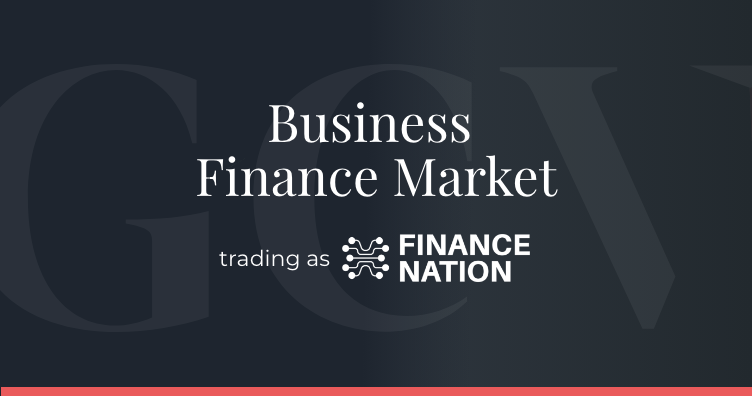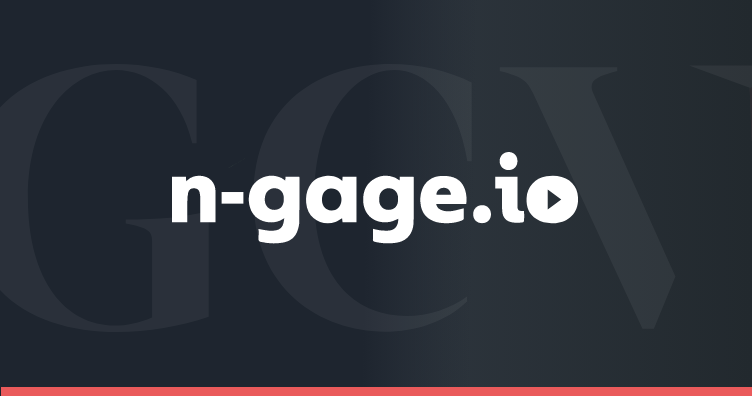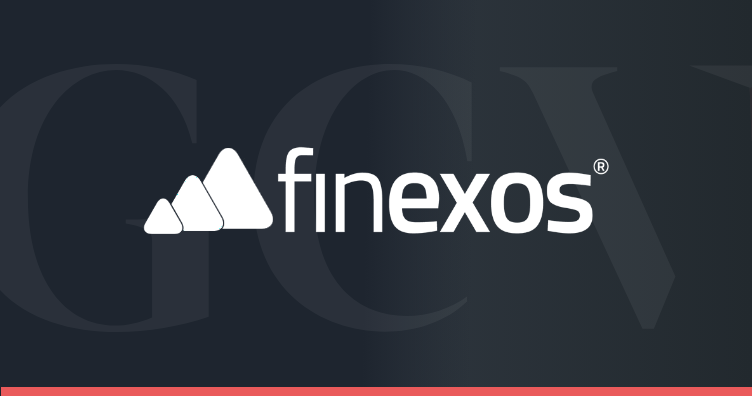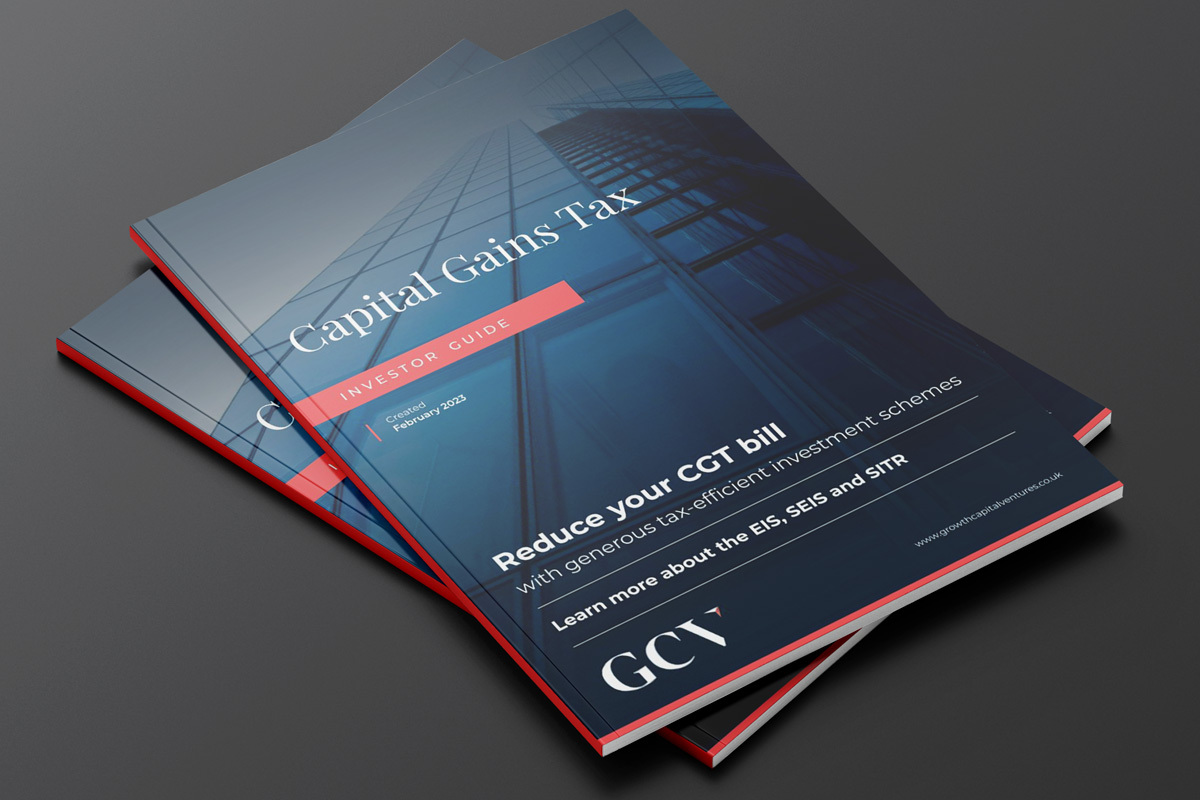
Capital Gains Tax Explained
A number of venture capital schemes introduced by the UK Government can help to reduce or defer your capital gains tax (CGT) bill. These schemes can be particularly important for individuals who own considerable investment portfolios or additional properties, and are looking to manage their CGT liability.
Firstname Lastname & Firstname Lastname
Position & Position, Company
Capital Gains Tax Explained
What is capital gains tax and how can I reduce it?
Capital gains tax (CGT) is a levy on any profit you make after selling or 'disposing of' certain assets. As of the 2024/25 tax year, you can earn up to £3,000 in capital gains without having to pay any CGT in the UK (although this threshold is likely to decrease further in the future). Chargeable assets are those which can be liable to CGT, and include most personal possessions worth more than £6,000, additional property you own (and, in some cases, your main home), some types of investment shares, and business assets.
If you do attract a capital gains tax liability, a number of tax-efficient venture capital schemes introduced by the UK Government could help to reduce your CGT bill. These schemes include the Enterprise Investment Scheme (EIS), the Seed Enterprise Investment Scheme (SEIS), and Social Investment Tax Relief (SITR). Each scheme is designed to encourage investment into early-stage companies and impact-driven businesses by providing investors with a range of generous tax reliefs. These routes offer incentives related to capital gains tax, including deferral relief and reinvestment relief, and understanding the potential of each option to minimise your CGT liability can be crucial to ensure you are investing in the most tax-efficient manner each year.
Please Note:
This article has been prepared as a general guide only and does not constitute tax or legal advice.
Enterprise Investment Scheme
The Enterprise Investment Scheme (EIS) can provide investors with a number of different tax reliefs, including capital gains tax exemption on your EIS investment, capital gains tax deferral relief, up to 30% income tax relief, and 100% inheritance tax exemption on your investment if your EIS shares are passed on to your loved ones.
Seed Enterprise Investment Scheme
Designed to support investment into particularly early-stage companies, the Seed Enterprise Investment Scheme (SEIS) can mitigate part of the risk associated with investing in startups by offering generous tax reliefs, notably capital gains tax exemption, CGT reinvestment relief, up to 50% income tax relief, and inheritance tax exemption on your SEIS shares.

SITR
Social Investment Tax Relief
Social Investment Tax Relief (SITR) offers investors into community interest companies and/or charities a number of tax reliefs on their shares or money they lend to qualifying enterprises. Capital gains tax exemption and CGT deferral relief can be accessed, as well as up to 30% income tax relief.
What are the capital gains tax rates in the UK?
As of the 2024/25 tax year, there are four different rates of capital gains tax in the UK. The rate can change in different circumstances depending on two factors: the income tax rate you pay and the type of asset on which your capital gain was made.
If you're a basic rate income taxpayer (meaning that your annual income is £50,270 or below):
- The CGT rate due on the disposal of residential property is 18%
- The CGT rate on the disposal of all other chargeable assets is 18%
If you're a higher or additional rate income taxpayer (meaning that your annual income is £50,271 or above):
- The CGT rate due on the disposal of residential property is 24%
- The CGT rate on the disposal of all other chargeable assets is 24%
To calculate how much CGT you might be liable to pay, use a capital gains tax calculator.
How much is the capital gains tax threshold?
The capital gains tax threshold (also known as the annual exempt amount, or AEA) is the amount you can earn from capital gains in a single tax year without being subject to any CGT.
- As of the 2019/20 tax year, the AEA was £12,000
- Between the 2020/21 tax year and the 2022/23 tax year, the AEA was £12,300
- As of the 2023/24 tax year, the AEA is set to fall to £6,000
- As of the 2024/25 tax year, the AEA is decreased to £3,000
When do I need to pay capital gains tax?
You may be liable to pay capital gains when you dispose of any chargeable asset - only if you have used up the annual exempt allowance.
Chargeable assets include:
- Property other than your primary residence
- Your primary residence in some cases (only if certain criteria are not fulfilled)
- Individual possessions worth above £6,000 (except from your car)
- Business assets
- Cryptocurrency (in some cases)
- Any type of investment that is not held within a tax-efficient wrapper
How can I reduce my capital gains tax bill?
Your capital gains tax bill can be reduced via a number of routes, most notably using tax-efficient investment schemes introduced by the UK Government.
The Enterprise Investment Scheme (EIS), Seed Enterprise Investment Scheme (SEIS) and Social Investment Tax Relief (SITR) can each offer investors a number of capital gains tax reliefs. These reliefs include disposal relief, deferral relief and reinvestment relief - meaning that your shares are exempt from CGT when you dispose of them, and an existing bill can be deferred or mitigated, depending on which scheme you utilise.
Minimise Risk. Maximise Returns.
The GCV Portfolio
Our Most Recent Tax Efficient Opportunities
Wherever possible, our investment opportunities utilise tax-efficient wrappers. Our range of SEIS-eligible and EIS-eligible investments can provide investors with superior return potential, as well as the ability to benefit from a host of tax reliefs, including capital gains tax exemption, deferral relief and reinvestment relief. Whilst tax relief isn't possible for all companies (as some sectors are excluded), we aim to provide our network of experienced investors with access to a number of high quality, carefully-selected EIS or SEIS investment opportunities each year.
.png?width=1128&height=594&name=Valius%20Group%20(2).png)
Valius Group
| Sector: | SaaS |
|---|---|
| Target Sought: | £ 249,999 |
| Round: | Round 1 |
| Investment Type: | Equity |
| Tax Schemes: | SEIS |

Growth Capital Ventures
| Sector: | Fintech |
|---|---|
| Target Sought: | £ 750,000 |
| Round: | Round 4 |
| Investment Type: | Equity |
| Tax Schemes: | EIS |

Business Finance Market (trading as Finance Nation)
| Sector: | Fintech & Banking |
|---|---|
| Target Sought: | £ 249,999 |
| Investment Type: | Equity |
| Tax Schemes: | EIS |

Hive.Hr
| Sector: | HR Tech |
|---|---|
| Target Sought: | £ 150,000 |
| Funds Raised: | £ 303,000 |
| Round: | Round 1 |
| Investment Type: | Equity |
| Tax Schemes: | EIS, SEIS |

Intelligence Fusion
| Sector: | SaaS |
|---|---|
| Target Sought: | £ 400,000 |
| Funds Raised: | £ 556,800 |
| Round: | Round 1 |
| Investment Type: | Equity |
| Tax Schemes: | EIS, SEIS |

Hive.Hr
| Sector: | HR Tech |
|---|---|
| Target Sought: | £ 300,000 |
| Funds Raised: | £ 1,150,000 |
| Round: | Round 2 |
| Investment Type: | Equity |
| Tax Schemes: | EIS |

QikServe
| Sector: | Fintech |
|---|---|
| Target Sought: | £ 2,500,000 |
| Funds Raised: | £ 2,624,694 |
| Round: | Round 1 |
| Investment Type: | Equity |
| Tax Schemes: | EIS |

n-gage.io
| Sector: | SaaS |
|---|---|
| Target Sought: | £ 150,000 |
| Funds Raised: | £ 170,000 |
| Round: | Round 1 |
| Investment Type: | Equity |
| Tax Schemes: | EIS, SEIS |

Business Finance Market (trading as Finance Nation)
| Sector: | Fintech & Banking |
|---|---|
| Target Sought: | £ 150,000 |
| Funds Raised: | £ 225,000 |
| Round: | Round 1 |
| Investment Type: | Equity |
| Tax Schemes: | EIS, SEIS |

Growth Capital Ventures
| Sector: | Fintech |
|---|---|
| Target Sought: | £ 500,000 |
| Funds Raised: | £ 561,000 |
| Round: | Round 1 |
| Investment Type: | Equity |
| Tax Schemes: | EIS, SEIS |

Growth Capital Ventures
| Sector: | Fintech |
|---|---|
| Target Sought: | £ 1,000,000 |
| Funds Raised: | £ 1,290,410 |
| Round: | Round 2 |
| Investment Type: | Equity |
| Tax Schemes: | EIS, SEIS |

Business Finance Market (trading as Finance Nation)
| Sector: | Fintech & Banking |
|---|---|
| Target Sought: | £ 1,000,000 |
| Funds Raised: | £ 800,000 |
| Round: | Round 2 |
| Investment Type: | Equity |
| Tax Schemes: | EIS |

Finexos
| Sector: | Fintech & Banking |
|---|---|
| Target Sought: | £ 500,000 |
| Funds Raised: | £ 695,456 |
| Round: | Round 3 |
| Minimum Investment: | £ 500 |
| Investment Type: | Equity |
| Tax Schemes: | EIS |

Business Finance Market (trading as Finance Nation)
| Sector: | Fintech & Banking |
|---|---|
| Target Sought: | £ 250,000 |
| Funds Raised: | £ 278,855 |
| Round: | Round 3 |
| Minimum Investment: | £ 1,000 |
| Investment Type: | Equity |
| Tax Schemes: | EIS |

Growth Capital Ventures
| Sector: | Fintech |
|---|---|
| Target Sought: | £ 1,000,000 |
| Round: | Round 3 |
| Minimum Investment: | £ 5,000 |
| Investment Type: | Equity |
| Tax Schemes: | EIS |

n-gage.io
| Sector: | SaaS |
|---|---|
| Target Sought: | £ 500,000 |
| Funds Raised: | £ 638,961 |
| Round: | Round 2 |
| Investment Type: | Equity |
| Tax Schemes: | EIS |

Finexos
| Sector: | Fintech & Banking |
|---|---|
| Target Sought: | £ 1,309,999 |
| Round: | Round 5 |
| Investment Type: | Equity |
| Tax Schemes: | EIS |
Portfolio Diversification.
Superior Returns.
Free Investor Guide
Capital Gains Tax
Offering an insight into three tax-efficient investment routes available for UK investors to reduce existing and future CGT bills, our investor guide provides a useful overview of the schemes and wrappers that could help you access capital gains tax benefits whilst targeting superior investment returns.

FAQs
Find out more about how tax-efficient investments can reduce your CGT bill
Should you have any further questions regarding capital gains tax, our current investment opportunities, or anything at all relating to what we offer at GCV, feel free to contact us at any point. In the meantime, we have provided a selection of frequently asked questions surrounding capital gains tax below.
-
In the UK, as of the 2022/23 tax year, the capital gains tax free allowance is £12,300. This means that you do not have to pay CGT on the first £12,300 of capital gains you make in one tax year. However, as of April 2023, this threshold is being reduced to £6,000, and as of April 2024, it is being reduced further, to £3,000.
-
You pay a different rate of capital gains tax on residential property than you do on other liable assets. In the UK, as of the 2022/23 tax year, the capital gains tax rates for higher rate income taxpayers are 28% on residential property and 20% on other chargeable assets.
For basic rate income taxpayers, the relevant CGT rates are generally 18% on residential property and 10% on other chargeable assets. To find out more about this, visit the gov.uk website.
-
Most personal possessions worth £6,000 or more (except from your car), additional property, your main home (only if you've let it out, used it for business purposes or it is larger than 5,000 square feet), investments (other than CGT-exempt ones, such as ISAs and EIS/SEIS investments) and business assets are classed as chargeable assets.
-
If your total taxable gains exceed the CGT allowance within the tax year, you may need to pay capital gains tax when you sell (or 'dispose of') a chargeable asset.
-
EIS deferral relief enables investors to defer a CGT payment on the sale of any other asset, provided that the gain is invested into EIS-eligible shares.
This feature of the EIS offers investors the potential to organise their CGT liabilities to make the most efficient use of annual tax-free allowances and to better suit their personal circumstances.
-
SEIS reinvestment relief enables investors to reduce the CGT they are due on any chargeable asset, from additional property to listed equities, by up to 50%, should this gain be reinvested into an SEIS-eligible company.
To receive the full 50% reinvestment relief, the entire sum of the gain must be invested into the SEIS. Should any less be invested, relief will be limited to half of the amount invested.
-
To avoid paying CGT on a second home, a number of steps can be followed. For example, you can:
- Deduct allowable costs (such as estate agents' and solicitors' fees, and costs linked to improvement work on the home)
- Offset capital losses brought forwards or incurred in the same year against the gain made on the property
- Combine your allowance with your spouse or civil partner
If you would like to learn more about capital gains tax and remain up to date with industry news surrounding tax efficient investing, you can explore our insights page below.
Latest Updates
From tax efficient investing to joint venture property investing, our blog is full of news, information and insights.

EIS capital gains tax relief: an overview for investors


The 5 best tax efficient investments in the UK

Subscribe
Let's keep in touch
To keep up to date on news, events and investment opportunities, sign up to our newsletter here.
* You can unsubscribe at any point using the link provided in the footer of all emails, for more information about how we handle data you can view our privacy policy.
%20(3)%20(2).jpg)


